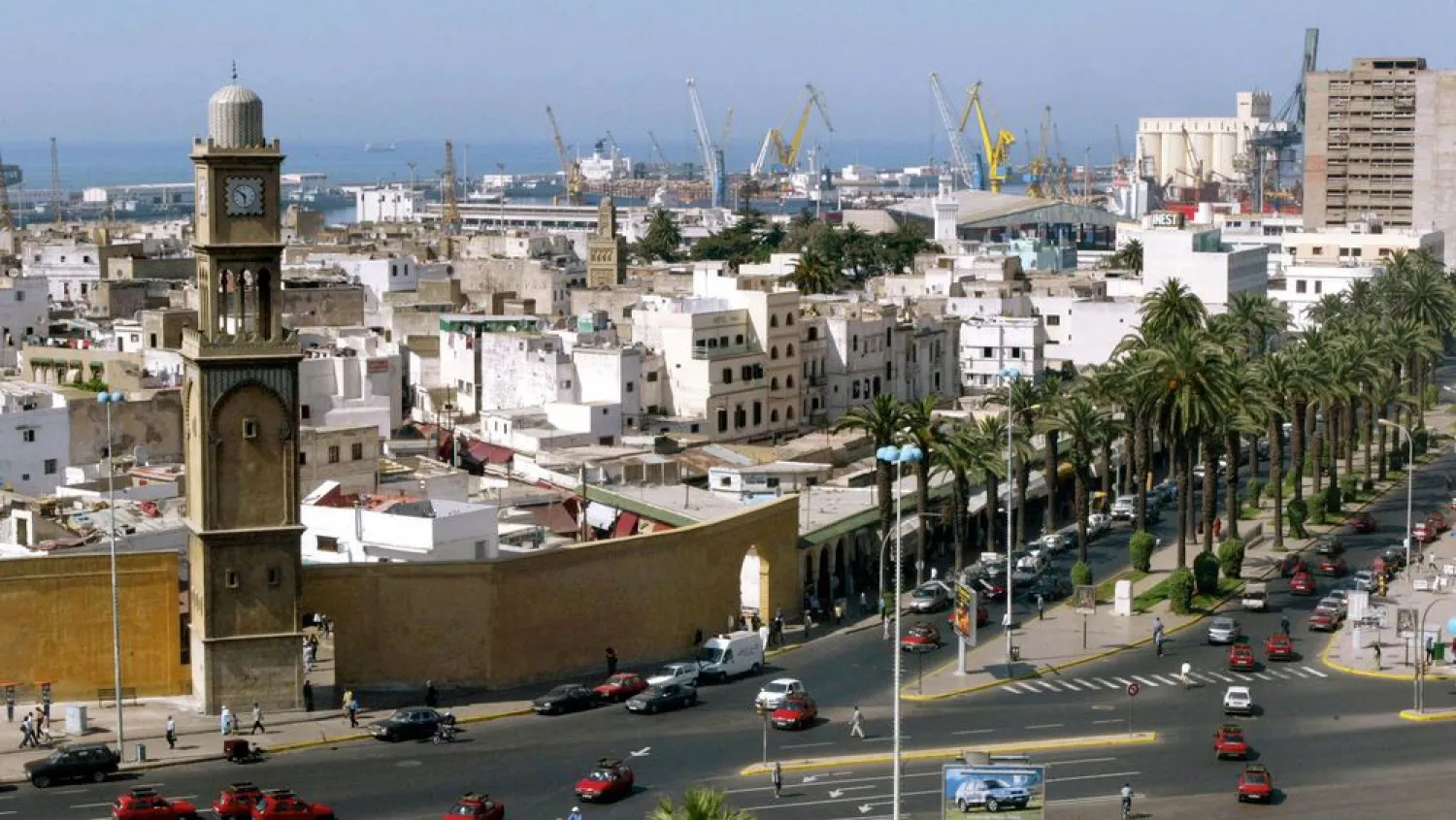Two major opposition parties urged Moroccan Prime Minister Saadeddine Othmani to launch political and electoral reforms that could lead to a political breakthrough in the country.
The Istiqlal and Progress and Socialism parties, which are reportedly close to forming an alliance, met on Tuesday in a meeting chaired by leaders Nizar Baraka and Nabil Benabdallah. The meeting reviewed the current political situation and future challenges facing democracy, read a joint statement.
Asharq Al-Awsat received a copy of the statement that said the meeting was held as part of the joint historic struggle for independence, defending territorial integrity and establishing a modern national democratic state based on social justice.
The parties addressed the negative repercussions of the country's political crisis, which resulted mainly from several structural and functional imbalances, embodied in the decline in trust in political action and elected national institutions.
They also discussed the challenges confronting democratic development in Morocco, the prospects for the next stage and the necessary implementation of the democratic choice that was approved by the 2011 constitutional document.
The two parties renewed their call on the Prime Minister to launch political and electoral reform workshops as part of dialogue and consultation with various political parties. They also stressed the importance of establishing other reforms that would consolidate democracy in the country.
They believe this will pave the way to develop a new political and social contract, which will serve as the critical entry point for establishing the new developmental model.









